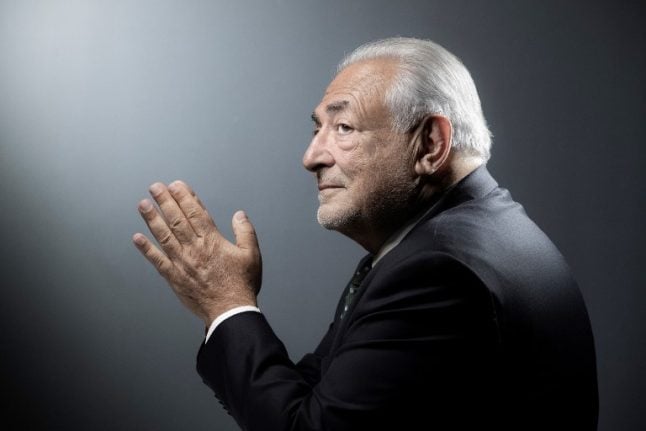They welcomed the dropping of sexual assault charges against the former International Monetary Fund chief on August 23, with party leader Martine Aubry saying she felt “immense relief.”
But the mood has changed since the Socialists held their summer conference last weekend which saw the top contenders in the party’s presidential primary — Aubry, Francois Hollande and Segolene Royale — face off.
Aubry repeated on Tuesday that she had always insisted that Strauss-Kahn, who was a finance minister in a previous Socialist government in France, benefit from the presumption of innocence.
But she notably added: “I think the same as many women about the attitude of Dominique Strauss-Kahn to women.”
Michel Rocard, a Socialist elder statesman and former prime minister, went even further in calling Strauss-Kahn’s character into question, saying that the former IMF boss suffered from a “mental illness.”
“This man quite clearly has a mental illness that makes it difficult for him to control his urges,” Rocard told Canal+ television, alluding to persistent rumours of improper conduct towards women by Strauss-Kahn.
Strauss-Kahn, 62, resigned as the IMF’s managing director after he was arrested and charged in May with sexually assaulting and attempting to rape a hotel maid in New York.
But he walked free last week when a judge dismissed the charges after prosecutors said they could not pursue the case because the accuser’s lies had made it impossible to prove her accusations beyond a reasonable doubt.
The Guinean-born woman is pursuing a civil case against Strauss-Kahn, while in France he faces allegations that in 2003 he tried to rape a French writer.
Strauss-Kahn denies the charges and accuses the writer of slander.
Strauss-Kahn’s passport was returned to him by US authorities last Thursday, but the remaining Socialist candidates hope that his eventual return to France will be sufficiently low key so as not to disrupt their primary.
Aubry said on Tuesday she expected him to return to France within a few days.
In seven weeks, Socialist supporters will vote in a primary to choose the party’s candidate to face Sarkozy next April.
Sarkozy is languishing in opinion polls and the French economy is flatlining, so whichever Socialist emerges from the primary ought to be in with a chance in May.
But the party has been left in disarray by the spectacular burnout of its former hero Strauss-Kahn.
The gloves have come off in the primary battle, despite repeated pleas from the party for a good clean fight that will leave the centre left united behind a single unbloodied flag-bearer.
“When I took over the Socialist Party we were an object of pity … We were not ready to rule,” Aubry declared at the conference, hailing her own three-year-old leadership of the party, but also stabbing her predecessor Hollande.
An IFOP survey published on the opening day of the party conference placed Hollande way out in front among first round primary voters at 42 percent, followed by Aubry on 31 and Royal on 18.


 Please whitelist us to continue reading.
Please whitelist us to continue reading.
Member comments